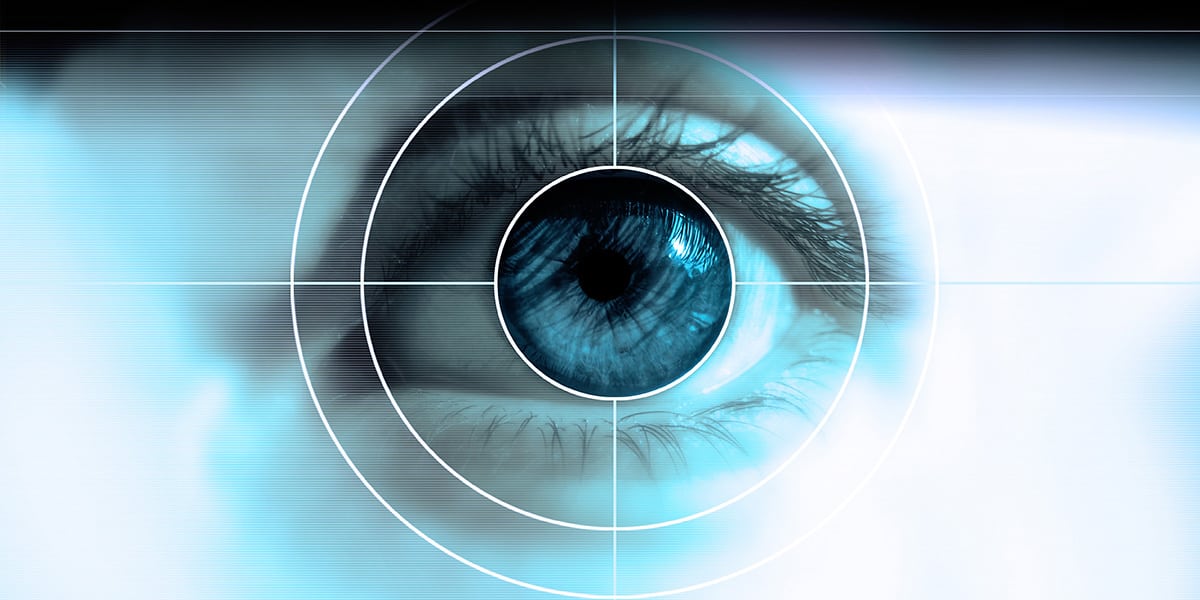Of the 73 patients, six have undergone operations, were tumor-free, and have decided against obtaining further conventional therapies. The remaining 67 patients, however, all had conventionally-diagnosed tumors at the time of admission.
From the 67 cases, 19 had inoperable tumors while 16 had R0-resections with subsequent recurrences. Meanwhile, the remaining 32 patients had undergone surgery as well as chemotherapy and/or radiation but experienced recurrences as well.
At the end of the study, on March 30, 2010, the patients returned for their report. Thirty-six (53%) of the 67 terminal patients were still alive – about triple their supposed life expectancy of 6 months. Eight of these patients were tumor-free, despite 7 of whom initially had partial multiple metastases and one case with inoperable glioblastoma.
Another 15 patients had a stable disease which means tumor growth has stopped. Also, the PET scans of two patients with pancreatic carcinoma revealed normal Standardized Uptake Values (SUVs). Although the SUVs indicated no tumor-mass reduction, the data showed a significant decrease in tumor activity.
Just three out of the surviving 36 cases reported feeling worse off by the end of the study than at their discharge. Meanwhile, the six tumor-free patients continued to be well with no reported relapses.


Their respective doctors informed the 67 patients who visited our 3E-Center that they only had six more months to live. Any person would most likely have to be in a very similar situation to even begin to understand what this would mean or how it feels. Doctors, at a loss for words, might say: “Have a few more beautiful days.”
We’ve had the privilege of speaking to thousands of terminal cancer patients over the past 20 years. Sadly, we have yet to meet one who was able to follow this well-meaning advice. As far as we’ve observed, end-stage patients are concerned primarily with the how’s:
“How will I die? How painful will it be? How agonizing? How will my family fare after my death?”
Also, the questions that may weigh on their minds most often is, “Is there really no effective therapy? Is it hopeless for me?”
Admittedly, we are aware that this data does not come from a randomized, double-blind study of an institution or university, nor is our Program – including all our therapies, research, and knowledge – recognized in the world of conventional medicine. However, we have no desire to get into the sad details as to why proven and successful cancer therapies do not receive the recognition they deserve. We are cognizant of the fact that treatments like these are not just snubbed in Germany but many other countries as well.
Nonetheless, for patients, all verifiable, made survivors by these treatments the current political state of affairs does not matter. The patients survived by 100%, not 36% nor 67%, but 100%. Naturally, we are infinitely grateful for this knowledge and all the therapies that, according to convention, are supposedly pointless for cancer patients. We know that pharmaceutical companies, and often physicians as well, love statistics. Ultimately, though, for cancer, it’s either 100% or zero.
All our 67 participants were diagnosed with metastatic cancer which, according to conventional medicine, means their chances of long-term survival was 0%. Prognosis notwithstanding, 36 of these patients continued living two years after and many are still alive today. The appalling flaw here is this: when doctors say they can no longer help, most patients hear “no man can help you. It’s futile.” In contrast, if only patients understood that they can help themselves and that there is more to the fight against cancer than chemo and radiation, then other measures and new paths can be taken especially when everyone says it’s hopeless.

At the core of the 3E-Program is the Oil-Protein Diet, as well as various detoxification therapies and vigorous work. These fundamentals remain unchanged to this day and have proven itself in countless cases. Furthermore, since 2008, we’ve continued to learn from the brave, intelligent, and spiritual patients particularly on energetic and vigorous work.
Prominent German physician, Dr. Waltraut Fryda, has confirmed time and again the adrenaline depletion theory and its role in cancer development and possible prevention. It’s for this reason we’ve placed greater importance in anti-stress and diagnostic therapies today than in 2008. At the same time, we continue to monitor any advances in alternative cell-destroying therapies. Unfortunately, there is still little promise in this field despite the media’s manic rush to introduce new treatments such as cannabis or methadone. Until these fields yield significantly better results in their studies, relying on tried and tested therapies will be the most reasonable and responsible option.
